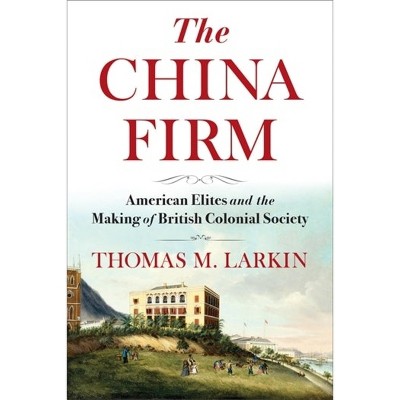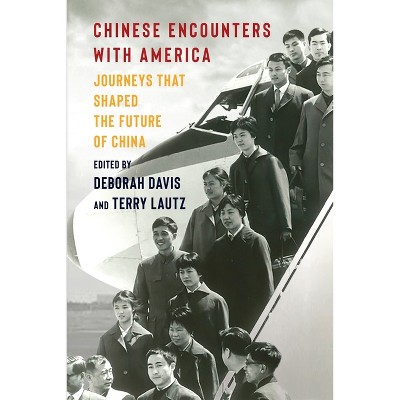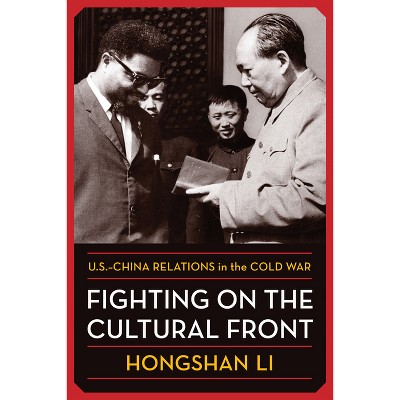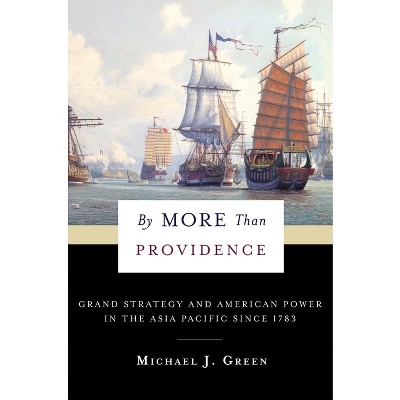Sponsored

Jimmy Carter and China - (Nancy Bernkopf Tucker and Warren I. Cohen Book on American-E) by Sheng Peng
Pre-order
Sponsored
About this item
Highlights
- In the late 1970s, with relations between the Soviet Union and the People's Republic of China strained, the Carter administration saw an opening.
- About the Author: Sheng Peng is a postdoctoral fellow at the Research Center for the History of Transformations at the University of Vienna and an associate fellow at Harvard Kennedy School's Belfer Center for Science and International Affairs.
- 328 Pages
- History, Modern
- Series Name: Nancy Bernkopf Tucker and Warren I. Cohen Book on American-E
Description
About the Book
This book is an international history of the Carter administration's intricate relations with the two competing Chinese regimes, emphasizing the geopolitical significance and lasting implications of this crucial moment.Book Synopsis
In the late 1970s, with relations between the Soviet Union and the People's Republic of China strained, the Carter administration saw an opening. The United States and its allies embarked on military and dual-use technology transfers to China as a counterweight to the USSR, transforming rapprochement into full-blown cooperation. Carter's decision to pivot away from the United States's traditional ally, the Republic of China on Taiwan, and embrace the People's Republic redefined the Cold War from a struggle against communism to one against the Soviet Union. It not only complicated a variety of American objectives--from the security of Taiwan to global technology transfer and US-Soviet détente--but also sowed the seeds of future tensions between China and the West.
This book is an international history of the Carter administration's intricate relations with the two competing Chinese regimes, highlighting the geopolitical significance and lasting implications of this pivotal moment. Drawing extensively from previously untapped archives in China, Taiwan, Western Europe, the United States, and Russia, Sheng Peng uncovers the internal governmental debates across world capitals that affected Carter's China policy. He charts how both mainland China and Taiwan were integrated into global supply chains for defense and dual-use technologies during the 1970s and 1980s and the present-day consequences. Jimmy Carter and China demonstrates that technological competition was as crucial as strategic and ideological competition to the course of the Cold War, and together they profoundly shaped US-China relations and the world today.About the Author
Sheng Peng is a postdoctoral fellow at the Research Center for the History of Transformations at the University of Vienna and an associate fellow at Harvard Kennedy School's Belfer Center for Science and International Affairs.










